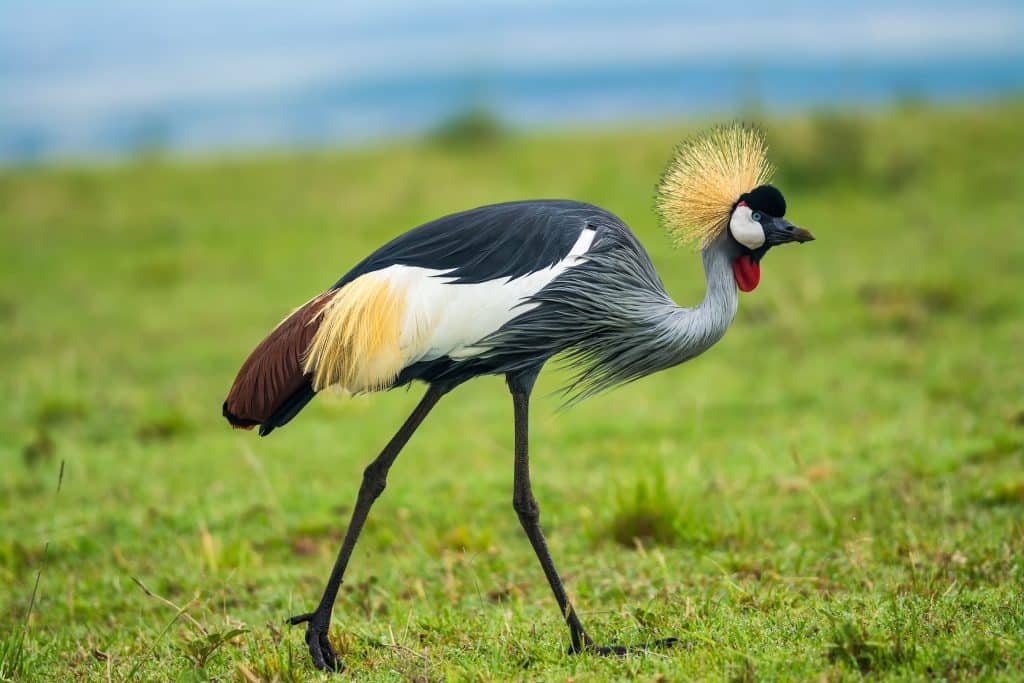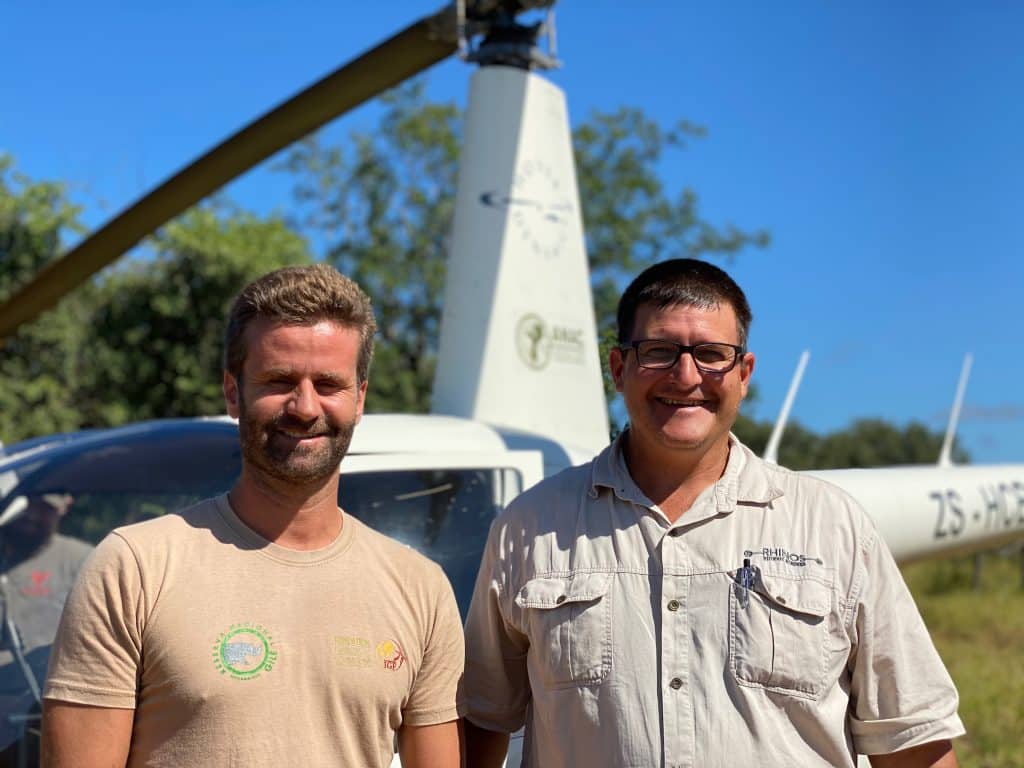Collaborating to Train Young Wildlife Veterinarians
Recently, the team at Rwanda Wildlife Conservation Association (RWCA) conducted a training course for Rwandan veterinarians on wild animal capture. This instruction will help them better assess the health of wildlife, intervene in situations where animals are in need of care, collect samples for analysis, and set up monitoring programs. And to guide them through this important training, they sought help from others within Wildlife Conservation Network’s (WCN) large community of conservationists.
RWCA is committed to advancing wildlife health management in Rwanda, particularly for their focal species, endangered grey crowned cranes. To train these young veterinarians, RWCA enlisted the help of some experts—Dr. Markus Hofmeyr, a renowned wildlife veterinarian and Director of the Rhino Recovery Fund, as well as Dr. Joao Almeida from the Mozambique Wildlife Alliance, a grantee of both the Rhino Recovery Fund and the Lion Recovery Fund. After spending time in the classroom going over basic veterinary practices when handling wildlife, the young veterinarians were taken out into Akagera National Park for some hands-on learning with zebras, buffalo, lions, and other animals.
See the full video showing how wildlife veterinarians are trained below:
The aim of this program is to bolster professional veterinary services within Rwanda needed to undertake interventions in the health, welfare, and conservation of grey crowned cranes and other wildlife. Markus and Joao instructed the students on how to safely dart wildlife, check the vitals of sedated animals, perform health procedures, and advice on how to relocate animals when necessary. Markus has years of experience employing these practices, which are essential since rhino conservation often involves relocating rhinos and reintroducing rhinos across their historic range. The expertise that veteran wildlife veterinarians like Markus can impart onto rising veterinarians is incredibly valuable, and will help expand RWCA’s capacity to carry out important interventions and research in the field.
This example of collaboration and learning from each other perfectly demonstrates how WCN truly builds a network among conservationists. The mentorship and training that conservation leaders can provide to up-and-coming conservationists is essential to helping them become tomorrow’s leaders, and the bonds that are formed through these interactions often last lifetimes.






